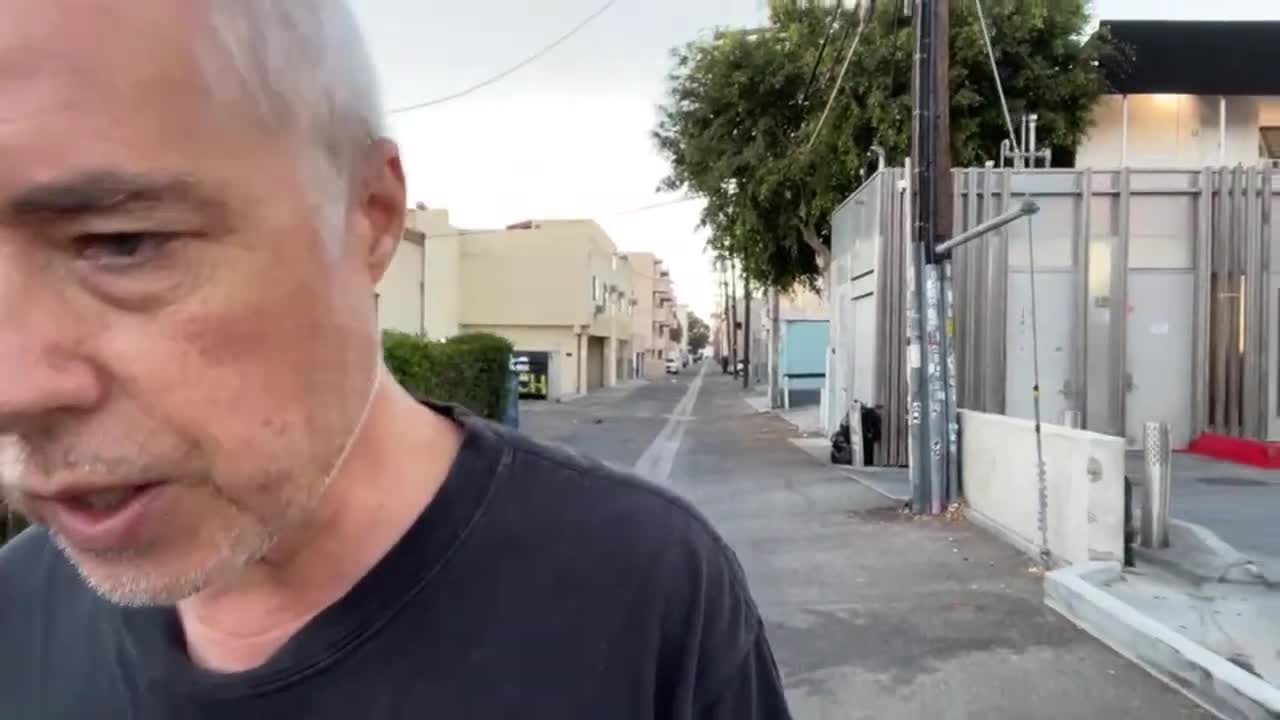Premium Only Content

What's Normal? Reconciling Biology and Culture (9-12-21)
Allan V. Horwitz writes: Contemporary developed societies are the safest, healthiest, and most prosperous that have ever existed, so we might expect that their citizens would have low levels of fearfulness. “Hasn’t one of the central accomplishments of modern civilization,” Norwegian philosopher Lars Svendson asks, “been the overall reduction of fear, by nighttime electrical lighting, insurance policies, police forces, standing armies, the destruction of predatory animals, lightning rods on churches, solid locked doors on all buildings, and thousands of other small designs?” Indeed, rates of violence seem to be at their lowest in recorded history. In addition, life spans of unprecedented longevity mean that few people need to fear dying before old age. Moreover, amounts of economic security greatly
exceed those typical of eras before the post- industrial period. Nevertheless, current community surveys reveal extraordinary high rates of anxiety disorders. Anxiety is the most common class of mental illness: Almost one in five people report having an anxiety disorder in the past year, and almost 30 percent experience one at some point in their lives. These surveys also indicate that the most frequent type of anxiety disorder is specific phobias that involve marked fear about some object. The particular things that people are afraid of are animals (22.2 percent), heights (20.4 percent), blood (13.9 percent), flying (13.2 percent), closed spaces (11.9 percent), water (9.4 percent), storms (8.7 percent); and being alone (7.3 percent). The second most widespread anxiety condition is social anxiety, which is associated with situations in which people are subject to evaluations by others. The three most widespread forms of social anxiety are public speaking (21.2 percent), speaking up in a meeting (19.5 percent), and meeting new people (16.8 percent).
None of these objects or situations are likely to pose genuine dangers. What accounts for why so many people intensely fear objectively harmless phenomena? Think back to the case that obesity is not a disease but, rather, a natural product of human tastes for fats, sugars, and salts that enhanced chances of survival in ancient environments. Genes that optimized caloric consumption and stored the excess as fat developed over thousands of generations when sources of calories were usually scarce and always unpredictable. Under current conditions, in which calories are readily available, these ancestral tastes often lead to obesity and associated diseases. The resulting increase in the number of very heavy people does not derive from disordered genes or psychology but from a mismatch between natural biological propensities and modern environments. Tastes for fats, sugars, and salts, however harmful their present consequences might be, are part of our normal genetic inheritance; they are not disorders.
Like our preferences for highly caloric foods, the statistically most common disordered fears, which seem unreasonable and irrational in modern environments, nevertheless result from natural human emotions. Our current fears do not correspond to actual dangers in present situations but seem understandable as reactions that were passed down to us as part of our biological inheritance of fears that did make sense in the prehistoric past. Many currently unreasonable fears arise because natural genes no longer fit the environments in which they must function. Irrational emotions might nonetheless be products of natural physiological responses. Unreasonable, but mismatched, fears raise some fundamental questions about whether or not the results of natural biological forces should be regarded as disorders.
https://www.amazon.com/Whats-Normal-Reconciling-Biology-Culture/dp/0190603259
Join this channel to get access to perks:
https://www.youtube.com/channel/UCSFVD7Xfhn7sJY8LAIQmH8Q/join
https://odysee.com/@LukeFordLive, https://lbry.tv/@LukeFord, https://rumble.com/lukeford
https://dlive.tv/lukefordlivestreams
Listener Call In #: 1-310-997-4596
Superchat: https://entropystream.live/app/lukefordlive
Bitchute: https://www.bitchute.com/channel/lukeford/
Soundcloud MP3s: https://soundcloud.com/luke-ford-666431593
Code of Conduct: https://lukeford.net/blog/?p=125692
https://www.patreon.com/lukeford
http://lukeford.net Email me: lukeisback@gmail.com or DM me on Twitter.com/lukeford
Support the show | https://www.streamlabs.com/lukeford, https://patreon.com/lukeford, https://PayPal.Me/lukeisback
Facebook: http://facebook.com/lukecford
Feel free to clip my videos. It's nice when you link back to the original.
-
 2:42:30
2:42:30
Luke Ford
7 days agoDecoding The Drone Threat (12-18-24)
1771 -
 7:31
7:31
AfricanNewsAgency
3 years ago $0.38 earnedwhat's
770 -
 0:26
0:26
Pauldomar
3 years ago $0.03 earnedLiquid Culture Mycelium
52 -
 3:29:42
3:29:42
BrookieMonster
9 hours ago $23.71 earnedChristmas Stream: Marvel Rivals with CallmeSeags 🎄
80.3K13 -
 LIVE
LIVE
TheSaf3Hav3n
3 days ago| RUMBLES FIRST SUBATHON IS HERE!!! | DAY 4 |
2,148 watching -
 3:14:33
3:14:33
Joe Donuts Gaming
11 hours ago🟢 Live : Christmas is Here!! | Fortnite, Caroling, Light Tours and Donos !!
42.3K12 -
 6:02:38
6:02:38
CLUJ
10 hours agoCHRISTMAS EVENING HYPE!! LETS HAVE FUN GAMING!!
39.2K7 -
![I AM FINALLY BACK :: PUBG: BATTLEGROUNDS :: RUMBLE NOW HAS GIFTED SUBS!!! [Merry Christmas] {18+}](https://1a-1791.com/video/fwe1/22/s8/1/e/f/C/6/efC6v.0kob-small-I-AM-FINALLY-BACK-PUBG-BATT.jpg) 9:57:19
9:57:19
a12cat34dog
12 hours agoI AM FINALLY BACK :: PUBG: BATTLEGROUNDS :: RUMBLE NOW HAS GIFTED SUBS!!! [Merry Christmas] {18+}
27.9K4 -
 3:55:42
3:55:42
STARM1X16
11 hours agoMerry Christmas Fortnite
81.5K10 -
 2:45:33
2:45:33
Sgtfinesse
11 hours agoMerry Christmas Night
65.8K19